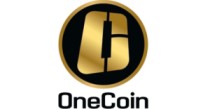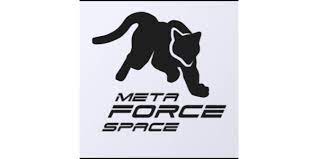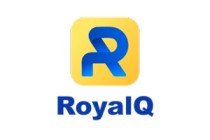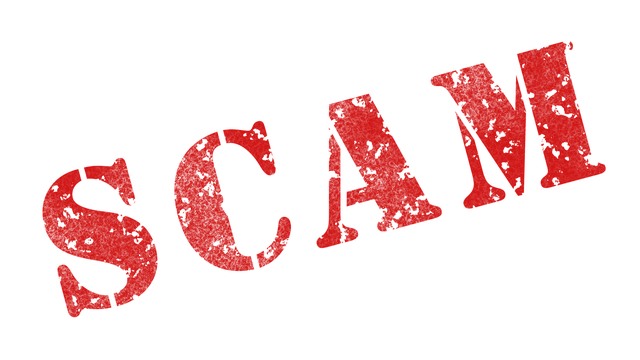Multi-level marketing (MLM) companies can be a good way to earn extra income based on marketing and convincing skills.
However, not all MLM companies are the same. Some are legitimate businesses that provide an opportunity for people to earn money through the sale of products, while others are illegal money-circulation schemes that scam people.
The direct selling industry is full of fraud Ponzi and pyramid schemes. These scams showcase themselves as legitimate MLM business and loot people.
In this post, we are going to discuss 5 such scams, which are Illegal MLM Companies and have defrauded millions across the world.
Jump To ⇢
Top 5 Illegal MLM Comapnies
First of all, MLM itself is a legal business concept in most countries, but there are companies that are illegal and pretend as MLM.
There are thousands of MLM Scams in the market and it’s not possible to include all of them in one post.
We have selected the biggest and most active MLM Companies which are illegal.
1. One Coin
OneCoin was a cryptocurrency-based Ponzi scheme that operated from 2014 to 2016, founded by Bulgarian national Ruja Ignatova. The scheme promised to offer a new digital currency that could be mined, but in reality, it was nothing more than a scam.

The company’s main business was selling course materials, which were often plagiarized, as part of an MLM product, where buyers were paid to recruit new buyers.
The buyers of these course packages were promised tokens that could be used to mine OneCoins, however, there was no actual OneCoin blockchain technology. The coins were not actively traded, nor could they be used to purchase anything.
The company’s exchange for converting OneCoins into other currencies was the OneCoin Exchange xcoinx, which was shut down in January 2017, making it impossible for affiliates to cash out.
The company was called a pyramid scheme by several countries, with its founder, Ruja Ignatova, going into hiding in 2017 when a warrant was filed for her arrest.
2. Forsage
Forsage is a pyramid scheme that has been charged by the US Securities and Exchange Commission (SEC) for defrauding retail investors of more than $300 million worldwide.

Forsage was launched in January 2020 which operated for more than two years and still active.
According to the SEC, Forsage’s website was marketed as a “matrix cycler program” that promised high returns with little to no risk. However, the scheme operated as a pyramid scheme, in which investors earned profits by recruiting others into the scheme.
The SEC has charged 11 individuals in relation to the scheme, including the alleged founders of Forsage and several promoters.
3. Meta Force
Meta Force is a new scam that was launched by a serial scammer named Lado Okhotnikov, the same person founded Forsage. This is the sixth Forsage Ponzi scheme that Okhotnikov has launched, with his last being Forsage BUSD, a crypto smart-contract Ponzi that failed to gain any traction.

The Meta Force website domain, “meta-force.space“, was first registered on January 11th, 2022. The private registration was last updated on June 25th.
According to the website, Meta Force has no retailable products or services and only allows affiliates to market Meta Force affiliate membership itself. The compensation plan involves affiliates investing 5 BUSD into a twelve-tier matrix cycler.
Okhotnikov, who is believed to be a Russian citizen, has a history of launching pyramid schemes under Forsage and has been warned by many countries’ governments including the United States, Georgia, and Russia for operating different Ponzi schemes.
4. Royal Q
Royal Q is a multi-level marketing (MLM) scam that claims to have been in existence for four years and to have made over $117 million in profits within six months of operation.

However, a quick investigation of the company’s website and internet presence shows that the company is not even up to four years old, and was only incorporated in 2021 in Hong Kong and California.
The Royal Q website also lacks information about the company’s management, and it is questionable how a bot generates such huge profits.
Many users of Royal Q have reported their experiences as a pyramid scheme, where members are encouraged to recruit more members and earn a commission from their profits.
The Securities and Exchange Commission of the Philippines has also flagged Royal Q as a possible Ponzi scheme, where new investors’ money is used to pay “fake profits” to prior investors and is designed mainly to favor its top recruiters and prior risk takers.
5. Crowd1
Crowd1 is a company that presents itself as a high-tech crowd marketing business, promising significant returns to its members.

To start making money with Crowd1, an individual needs to buy an ‘education package’ directly from the company. However, upon closer examination, there are several red flags that indicate Crowd1 is operating as a Ponzi scheme.
One major issue is that the packages offered by Crowd1, which range from €109 to €2499, are considered by experts to be dummy products that are used solely to generate money from affiliates.
Additionally, Crowd1’s compensation plan and packages are characteristic of a Ponzi scheme, where early members are paid through the money of new members, and the cycle continues until the company’s pockets are filled and then gradually shut down.
Regulators in various nations, including South Africa, Philippines, Norway, Mauritius, Nambia, Gabon, and Vietnam, have already issued warnings against Crowd1, labeling it as a security fraud.
Furthermore, the operators of Crowd1 have a history of operating MLM scams, with an earlier scheme named Spinglo/Synkronice, which targeted European nations failed around 2010.
Summary
Other than the OneCoin, all other illegal MLMs are active now. It is important to note that not all MLM companies are fraudulent or illegal pyramid schemes.
OneCoin, Forsage, and Meta Force are examples of fraudulent MLM schemes that have caused a significant financial loss for many individuals.
These schemes promise high returns with little to no risk, but in reality, operate as pyramid schemes where profits are earned through recruiting new investors.
The founders and promoters of these schemes often make false claims about the legitimacy and profitability of the opportunity and fail to disclose the risks associated with investing in it.
It is important for individuals to take caution and thoroughly research any investment opportunity before handing over any funds.

Visitor Rating: 5 Stars